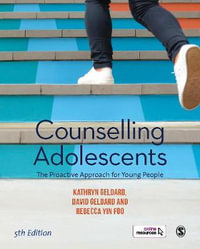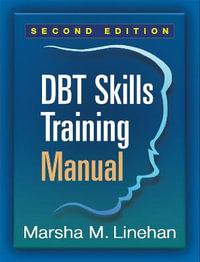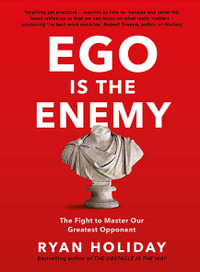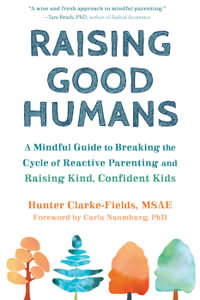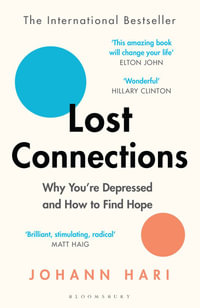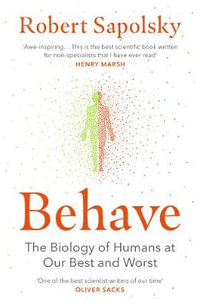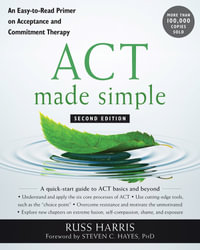In this book, Neville Symington approaches the well-trodden subject of narcissism, offers us fresh insights from his long clinical experience with patients suffering from this disorder, and sketches some highlights in the history of the concept of narcissism.
Industry Reviews
'Neville Symington approaches the well trodden subject of narcissism and offers us fresh insights from his long clinical experience with patients suffering from this disorder. The camera angle he employs is both unusual and enlightening. He has come to understand the narcissistic subject, not only from the well known Kleinian instinctual grandiosity/manic defense standpoint or from the trauma deficit conceptions of Fairbairn, Winnicott, Balint and Kohut, but also from the unique perspective of profound ontological insecurity.'Ecumenical in his outlook, though trained in the British Independent School of which he is a senior member, he looks at this disorder from what might today be called an existential point of departure. The infant/child becomes narcissistically disordered by making an unconscious choice, either towards the life giver (its authenticity or spontaneity) or to its disavowal and the use of magical pretence in order to avoid external reality.'Symington's concept of the life giver in its role in normal and abnormal narcissism constitutes a unique and integrating perspective on this entity and deserves serious consideration.'- From the Foreword by James S. Grotstein'Everyone interested in contemporary psychoanalysis should read Neville Symington's account of his own concepts of the nature of narcissism, both theoretically and, above all, clinical. Melanie Klein, little interested in Freud's idea of primary narcissism, would, I think, have appreciated the Symington approach, based as it is on relationships to internal objects and the repudiation of such relationships. Symington believes that narcissism, thus produced, is the ultimate source of psychopathology in general. In addition to many clinical examples from his practice, extensive use is made of Tolstoy's Anna Karenina to illustrate his thesis in many ways.'- William Gillespie'This is an absorbing book because the author is wrestling with a problem that many of us share. Symington realized that he was not sure what narcissism was. So with commendable self-discipline, as a busy psychoanalyst, he put aside twenty minutes every day to think about this topic, later to discuss his notes with psychoanalytic colleagues. This book is the result of that thinking. Thus, it has a directness and immediacy as though we are sitting next to the author and discussing narcissism with him. As such, it will illuminate the thinking of everyone who reads this original and accessible book.'- Frances Tustin










